China is planning to enhance its monitoring capabilities for new types of money laundering risks, as the rapid development of new technologies and emerging businesses have made money laundering activities more challenging, a senior legislator said on Monday.
A draft amendment to the Anti-Money Laundering Law, which is ready to be reviewed in the upcoming session of the Standing Committee of the National People's Congress, China's top legislature, will add the content that requires government agencies to issue guidelines to timely monitor new types of money laundering risks related to emerging sectors and businesses, Wang Xiang, spokesman for the NPC Standing Committee's Legislative Affairs Commission, told a news conference.
He cited the draft amendment as stating that anti-money laundering institutes should improve their monitoring and analytical capabilities and also report suspicious transactions to relevant authorities.
Additionally, he added that financial institutions need to pay attention to and assess money laundering risks posed by new businesses, with appropriate measures taken to reduce the risks in line with the draft amendment.
The NPC Standing Committee is scheduled to hold its session from Tuesday to Friday in Beijing.
Besides reviewing the draft revision to the Anti-Money Laundering Law, Chinese lawmakers will also consider draft amendments to the National Defense Education Law, the Law on the Prevention and Control of Infectious Disease, the Statistics Law, and the Supervision Law during the session.
A draft energy law, a draft public health emergency response law and a draft national park law, as well as multiple reports and a draft decision on conferring national medals and honorary titles on the occasion of the 75th anniversary of the founding of the People's Republic of China, will be submitted to the session for review.
















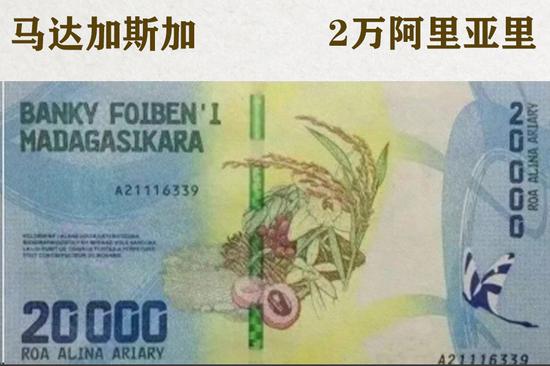

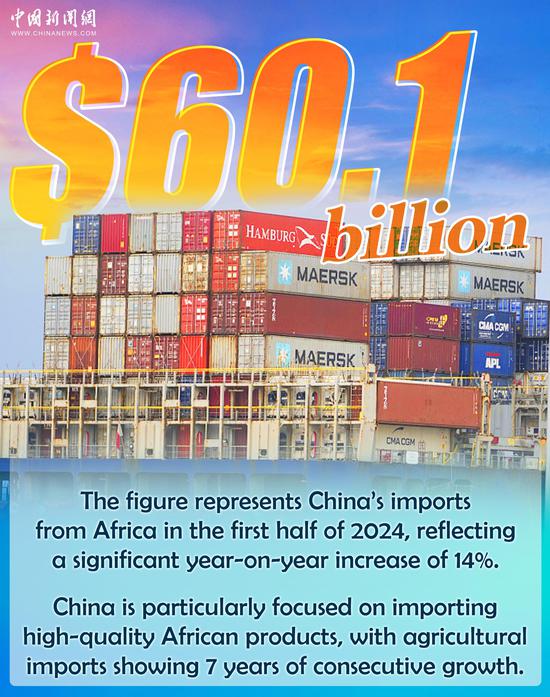
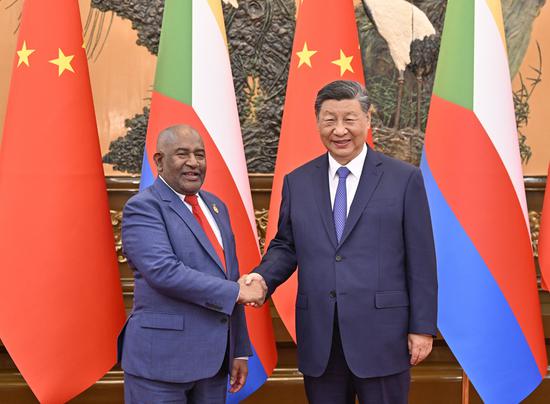


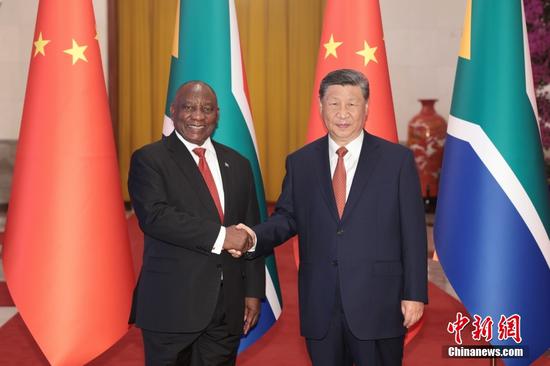






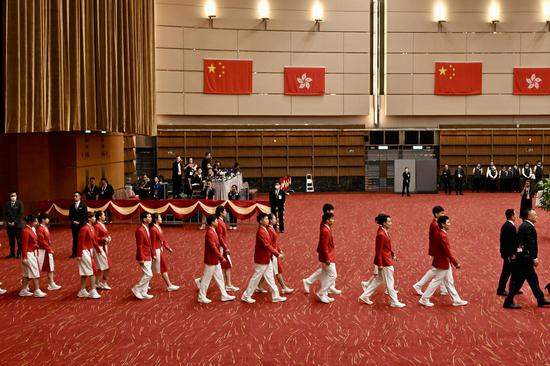



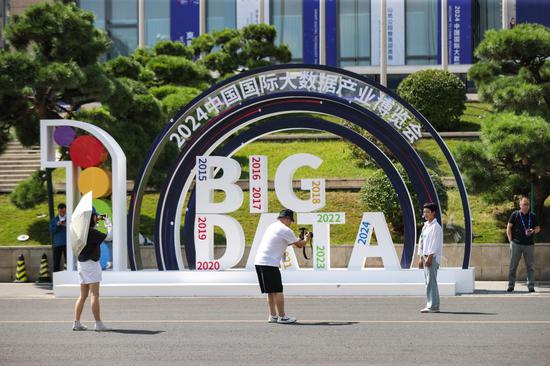






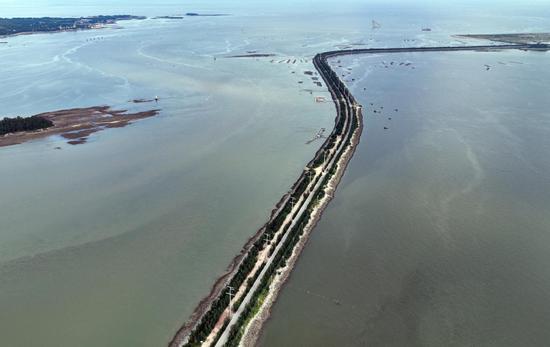









 京公网安备 11010202009201号
京公网安备 11010202009201号